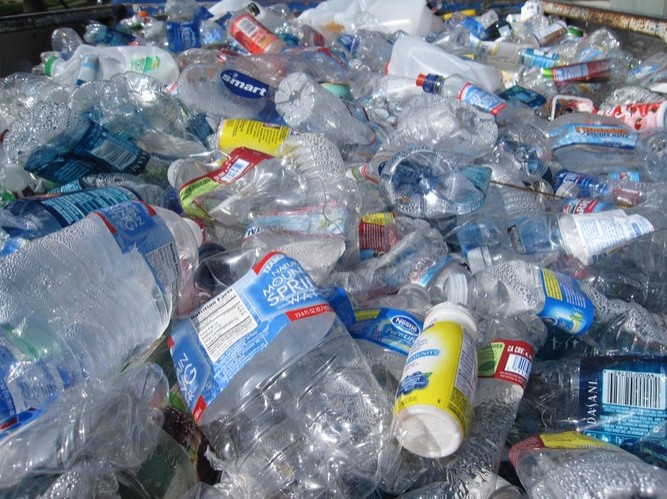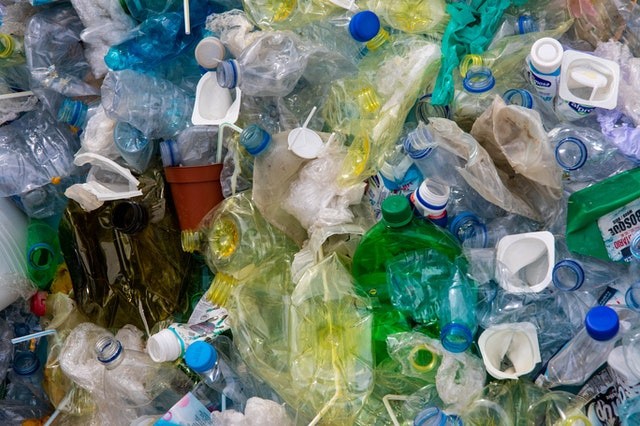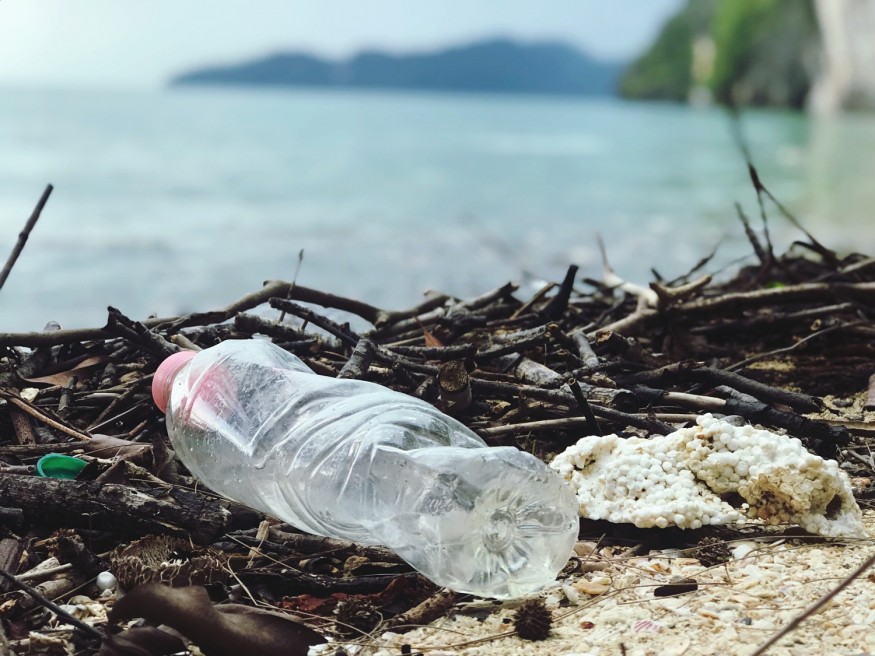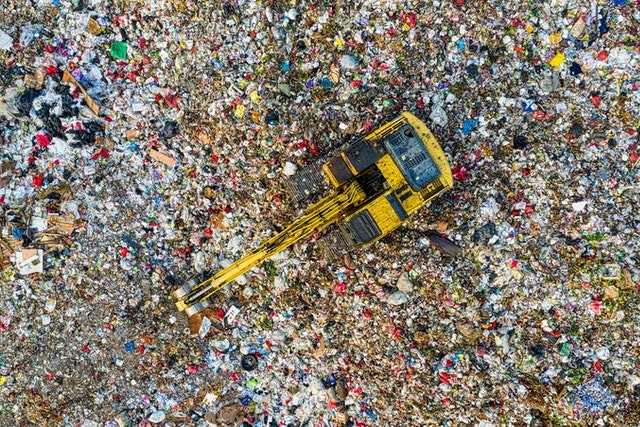It's difficult to picture a world without plastics. These materials outperform many others in various applications because they are lightweight, robust, and inexpensive. However, with the amount of plastic we've generated, plastic waste and chemical recycling technologies quickly become something that might fix several problems.

Plastic in Human Lives

Plastic is found in nearly every part of our lives, from shopping bags and cutlery to water bottles and sandwich wrap. However, our search for simplicity has gone too far, and we are wasting scarce money and damaging the atmosphere by struggling to use plastics effectively.
Plastics have influenced positive progress in unexpected ways. The creation of plastic components in electronic devices, such as the one you're using to read this post, for example, means we've never been more linked to the world around us.
Overconsumption

Overconsumption of plastic and poor waste disposal is becoming an increasing issue, causing landfills to flood, waterways to choke, and aquatic habitats to be threatened. This harms industries such as tourism, transport, and fisheries, which are essential to many economies.
To address the massive environmental issues caused by plastic, we must begin to value plastic waste as a resource. After all, plastic waste has value in the form of stable chemical bonds, so we can strive to recover the energy at the very least. In fact, these bonds' strength is one of the reasons why plastics last so long in the environment.
Unrecycled Wastes

With just 18 to 28% of recyclable plastic collected and recycled in these areas, the bulk of plastic packaging waste is not only polluting the atmosphere by littering beaches and roadsides, but its economic value is still lost. This must be changed. It is essential to transform how people use and handle plastic, and we must assist countries in moving to a circular economy, in which goods are built to produce no waste or be reused and recycled.
Plastic Components

Plastics are made up of polymers, long-chain molecules made up of smaller repeating building blocks called monomers. These monomers come in a number of shapes and sizes. The way they are fused together influences the plastic's material properties, such as melting temperature and hardness, which influence how it is used.
Chemical Recycling

Chemical recycling depends on a chemical transformation to sever the bonds between monomers, while mechanical recycling relies on melting. Chemical recycling breaks down the plastic molecule by molecule. This means that in closed-loop recycling, the monomer can be recycled, while in open-loop recycling, the plastic waste can be converted into other higher-value chemicals. It is possible to recycle monomers or other valuable materials from certain forms of plastic.
Breaking Plastics Down

Some plastics, like polyolefins (the substance in a polyethylene plastic bag), lack poor monomer connections, rendering chemical recycling more difficult. In such cases, pyrolysis is used, which is distinct from burning in that it depends on elevated reaction temperatures to obtain fuels and waxes.
Plastic Solution

A one-size-fits-all solution is not practical considering society's complex use of plastic. Current and emerging plastics all need complex and customized recycling strategies. Commercial-scale chemical mining operations, on the other hand, are also underway.
Chemical recycling is expected to supplement mechanical recycling in the future, especially for difficult-to-recycle materials like thin-films. Plastics, one thing is sure: they are here to stay. Chemical recycling continues to be an interesting area to watch in the future, with demand estimated to reach one billion tons by 2050.
Read also: Seafood's Secret Ingredient: Microplastic
For more environmental news, don't forget to follow Nature World News!
© 2026 NatureWorldNews.com All rights reserved. Do not reproduce without permission.





